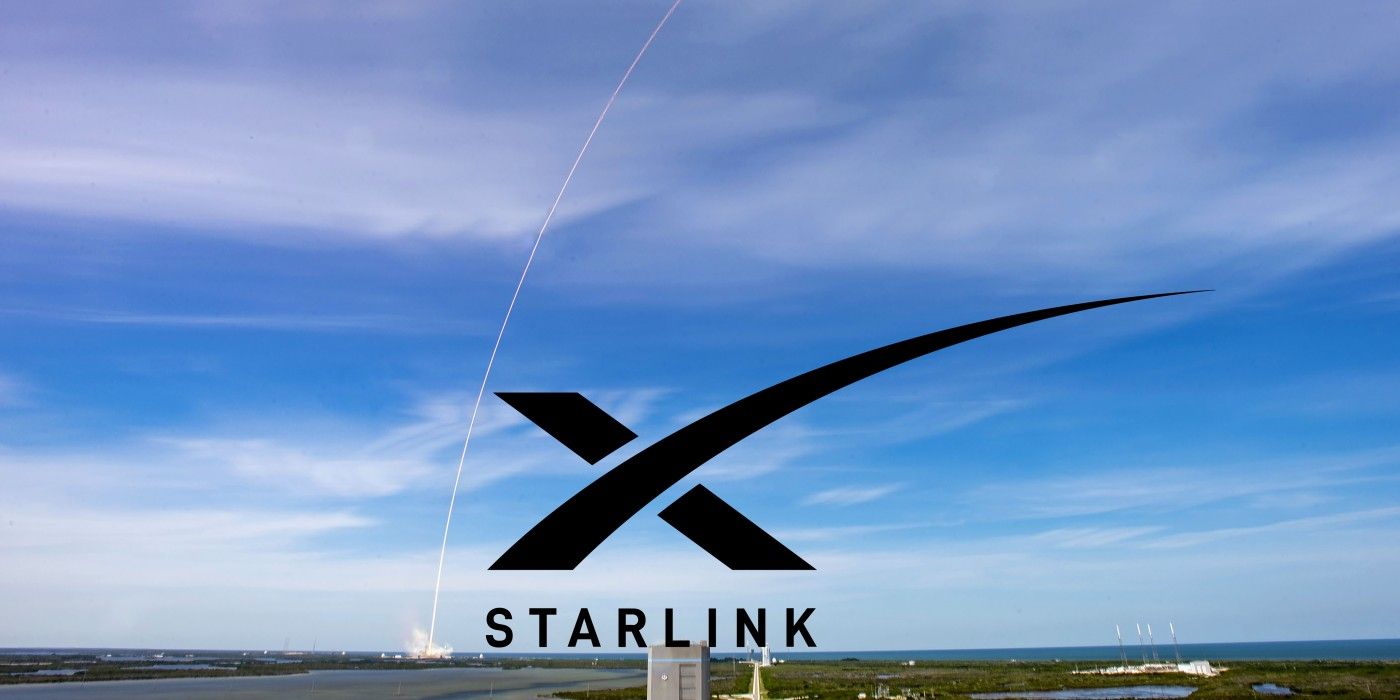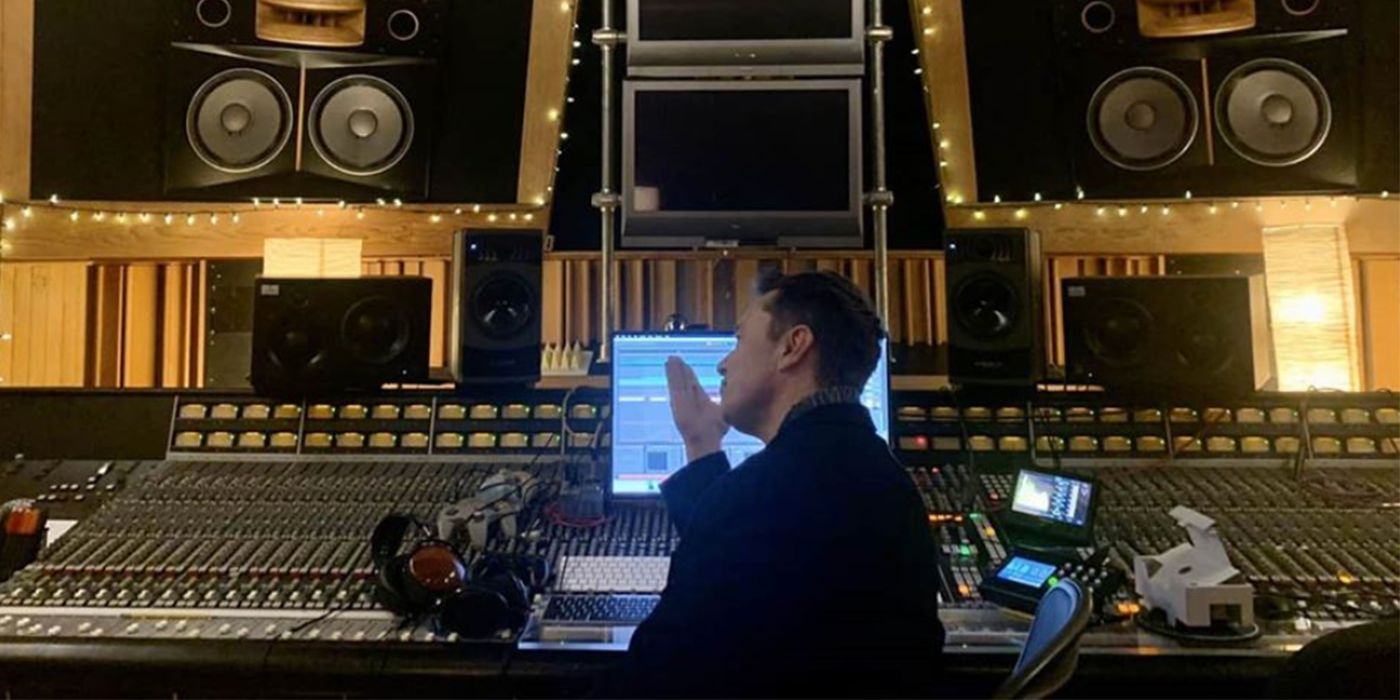People may get a chance to try out Starlink internet for themselves within six months. A beta test version could be publicly available, based on a direct quote from tech mogul Elon Musk.
Starlink is SpaceX's ambitious foray into becoming a broadband internet provider. As one would expect, a company known for literal rocket science would have an interesting take on the internet, and it does. Starlink's solution is satellite internet, but unlike most satellite net scenarios where there are large satellites in high orbit, the SpaceX method involves many nano-satellites, in low orbit, forming constellations. They'll be low enough to be visible from the ground from some locations on Earth, but Elon Musk says they'll eventually be invisible even to telescopes. This altitude, combined with the constellation setup, promises up to 1 Gbps speeds in some areas, which would be faster than standard broadband in the US.
That's an extremely exciting prospect, especially considering the service plans to target rural areas primarily. That's perhaps why a Twitter user reached out to Elon Musk, inquiring about Starlink's progress. To his, and everyone's surprise, the Tesla founder responded saying the private Starlink beta will begin in about three months, and the public beta will begin in about six. Test launches have been ongoing for a while now, with photographic evidence captured by fans making its rounds on the internet. Musk mentioned to Ars Technica that the first beta run would take place in high latitude regions.
How Close Is SpaceX's Starlink to Being Ready
Six months is a very fast timeline, especially considering SpaceX is likely dealing with the same complications related to the global pandemic that everyone else is. It's an enormous undertaking in an ideal climate, which is definitely not what our current climate is. At the same time, a public beta that starts in six months could last for years still, as the team adjusts and iterates on logistics.
Some of those adjustments are reportedly already in progress. On Twitter, Elon Musk replied to an account wishing the Starlink team luck with a test launch, saying the next launch's satellites would be less noticeable due to a change in solar panel angle, and the addition of sunshades. SpaceX has also been in conversations with the Federal Communications Commission over lowering the orbit altitude for Starlink's nano-satellites. The original plans were to keep them between 1,110 km and 1,325 km, but the FCC has approved about a quarter of those satellites for orbiting at less than half that height. Additionally, one of the future waves of it is planned to orbit at around 335 km.
Source: Elon Musk / Twitter, Ars Technica


